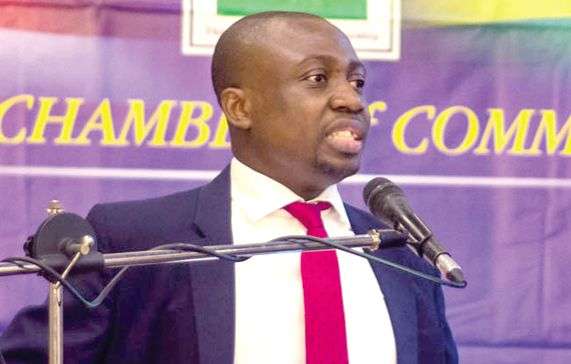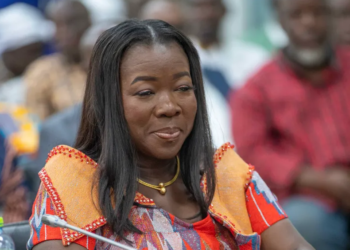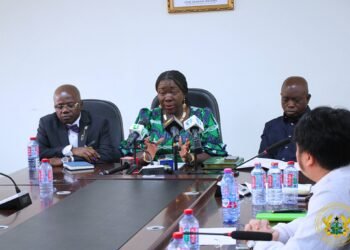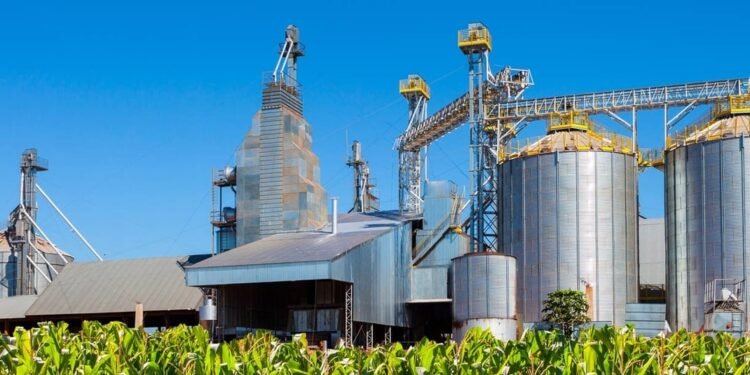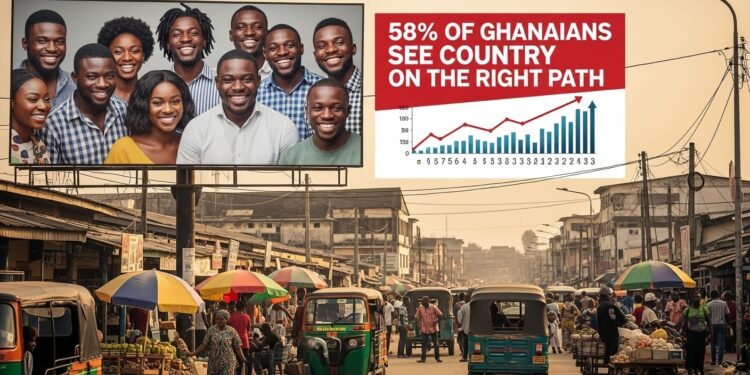Abeku Gyan Quansah, a Partner at PricewaterhouseCoopers Ghana (PwC), has called on businesses which may no longer enjoy the benefits of the benchmark value policy to justify their invoice value to the relevant authorities in the country.
According to him, businesses should position themselves, to make a case to the “GRA or the Customs division”. He explained that these businesses must express the authenticity of their invoices as one which is actually a “true reflection” of the goods they are importing.
“So, except for used vehicles where the law steps aside from your commercial invoice, generally for products that are imported into Ghana, businesses should be able to justify to the GRA that my invoice value is correct. Hence, there is no need to apply a benchmark value… So, as to regards to positioning, businesses should be able to demonstrate to GRA that their invoices is actually the right reflection of the items that have been brought into Ghana”.
Mr Abeku Gyan Quansah
In situating the benchmark value policy for better understanding, Mr Quansah explained that when an individual imports into the country and those items are valued for the purpose of “import tax”, the person’s “commercial invoice” should be the starting point. That notwithstanding, he indicated that overtime, he reckons businesses and importers have not given the GRA sufficient “comfort” to rely on those invoices.
“Hence, the GRA or the customs division in particular tend to apply what is generally called secondary valuation procedures for custom duties. Hence, the issue around benchmark”.
Mr Abeku Gyan Quansah
Mr Quansah questioned whether the benchmark values in the database of the GRA are really fair or they are actually “overstated”, such that whenever the GRA does not rely on the commercial invoice, an importer or business tends to pay a little bit more.
Business friendly nature of the 2022 budget
Commenting on how business friendly he reckons the 2022 budget is, Mr Quansah revealed that there are other things that government has introduced which one would call “business-friendly”. He noted that as far as taxes are concerned, the budget is a “mixed bag”, referencing the e-levy transaction as the first thing that comes to mind.
“The first thing is that government has expanded the scope of businesses that can apply tax at the rate of 3%. Also, for those in mining and in particular small-scale miners, they have effective tax that they pay, has also gone down. There are certain parts that may be described as not business-friendly but there are other aspects that are also business friendly”.
On his part, Chief Executive Officer of the Ghana National Chamber of Commerce and Industries, Mark Badu Aboagye, indicated that his outfit is still going through the document. This, he explained, is to help identify certain opportunities and benefits those businesses can tap into and also look at the “risk inherent” in the budget.
Mr Badu Aboagye emphasized that a research team is constantly analysing the budget to look out for some of these “opportunities”.
“That’s the main reason why we organised the budget review for others to also bring up their opinions and their judgement on the budget. I think from now up to the next month we’ll continuously be going to review it so we’ll be able to inform our members on the areas that they can benefit from”.
Mr Mark Badu Aboagye
Read Also: Government not Being Fair to Commercial Transport Operators- Alexander Akuoko

